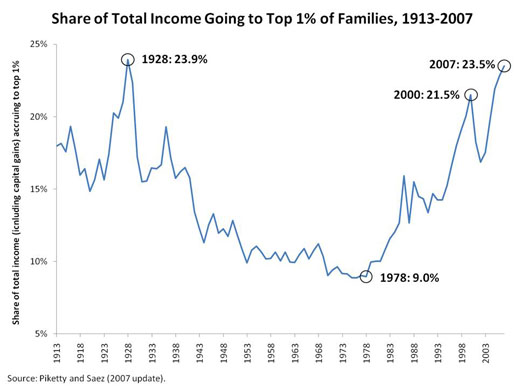I’m a fiscal conservative, meaning that I favor a very limited role for the government. Often when fiscal conservatives express the view that the government shouldn’t do a particular program (such as something to help poor people), they are leveled with the charge of not caring about the problem that the program would solve (ie, hating or being apathetic towards poor people). I’m currently involved in a pit thread where this very thing is going on (on BB so no link).
Why?
One answer is the inability of fiscal liberals to separate out the questions of whether something should be done and whether the government should do it. It is exceedingly rare to see a fiscal liberal even engage in a discussion about whether the government should do something–most often the question is dismissed with “who else can do it?” Or something similar.
This is one of the most frustrating aspects of discussing these issues. Many fiscal liberals don’t even technically disagree with me on an issue–they’ve just never thought about the issue in the first place.
So, you talk now, thanks.
